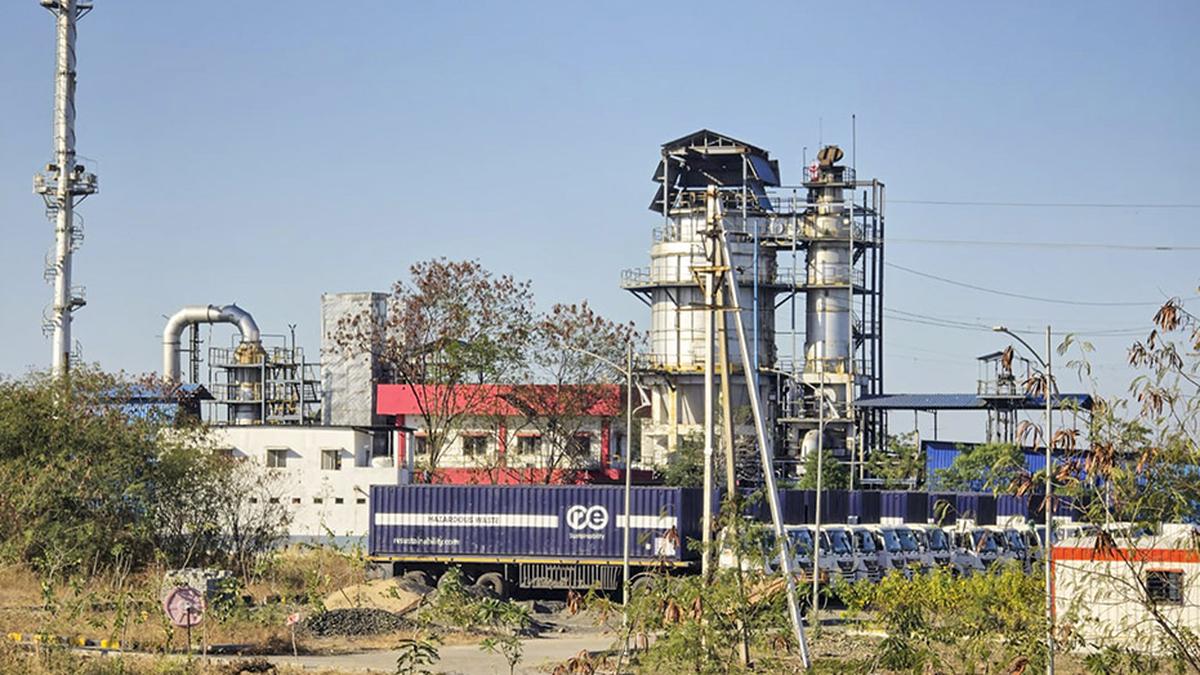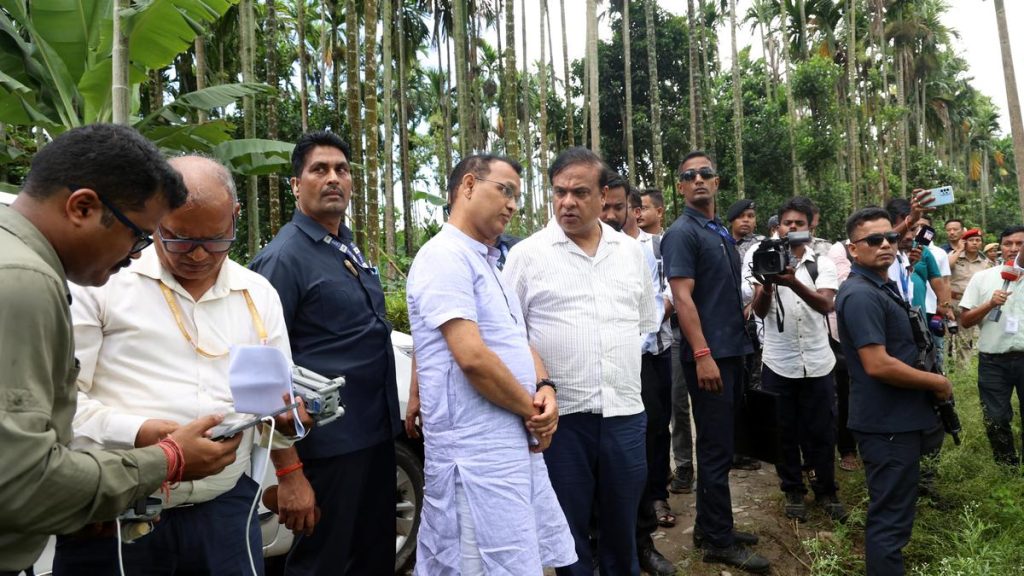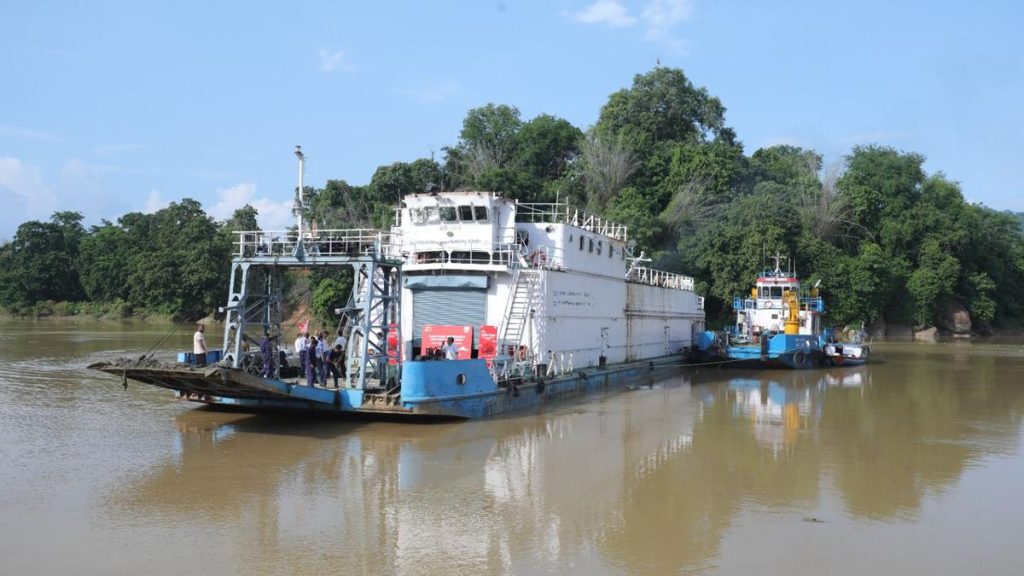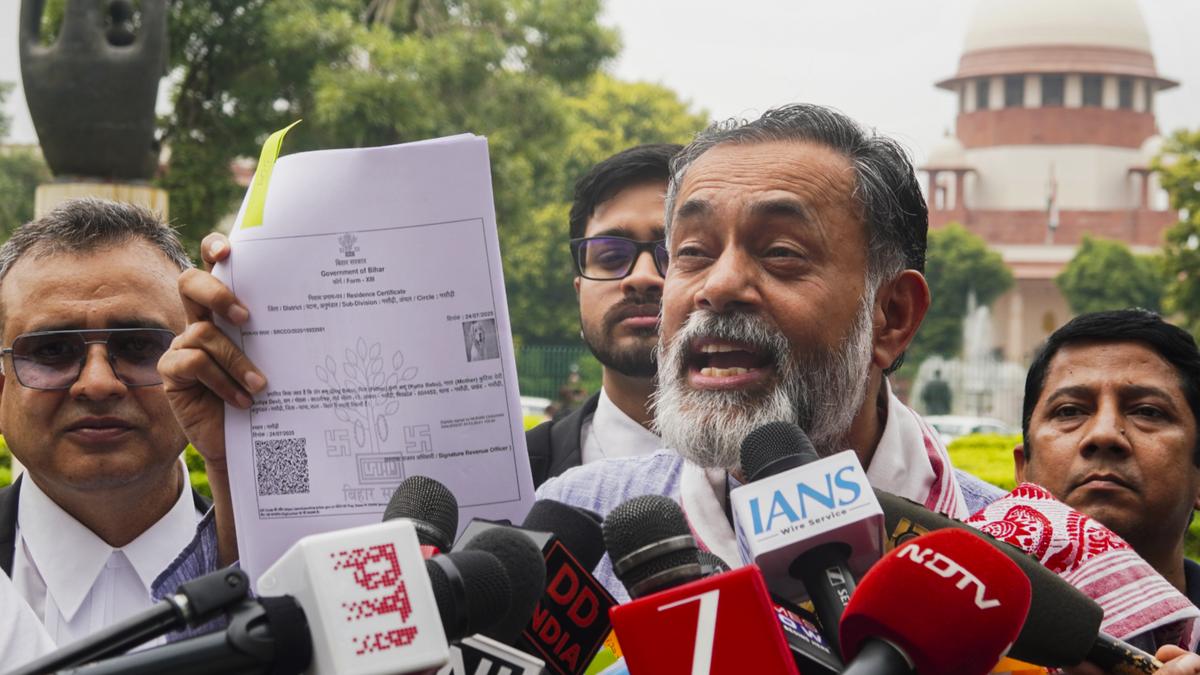Now Reading: MP High Court Urges State to Relocate Toxic Bhopal Waste Burial Site
-
01
MP High Court Urges State to Relocate Toxic Bhopal Waste Burial Site
MP High Court Urges State to Relocate Toxic Bhopal Waste Burial Site

Quick Summary
- The Madhya Pradesh high Court has directed the State government to relocate the burial site for 850 tonnes of toxic residue from the Union Carbide factory to a location far from human habitation.
- The residue was generated after incinerating 358 tonnes of toxic waste stored at the Union Carbide premises as the 1984 Bhopal gas tragedy,which killed over 5,479 people and harmed over five lakh others.
- Petitioners objected to disposing of incinerated ash in Pithampur town, citing proximity to human settlements (500 metres stated by experts and 50 metres according to petitioners).
- The court ordered containment in an area away from habitations and low seismic risk zones while summoning an expert committee comprising CPCB, MPPCB, and NEERI for guidance.
- Experts proposed building a “state-of-the-art underground containment facility” but are required to file submissions on potential groundwater contamination risks.
- Activists suggested exporting toxic residues under the ‘polluter pays’ principle; concerns about mercury emissions during incineration were also raised.
- residents near Pithampur’s waste facility fear environmental contamination despite ongoing disposal measures.
Indian Opinion Analysis
This decision by the Madhya Pradesh High Court underscores both environmental safeguarding priorities and long-standing public health issues associated with industrial disasters like bhopal. By mandating relocation of toxic residues away from populated areas, it addresses residents’ concerns over contamination risks while pushing for accountability through scientific oversight involving state agencies such as CPCB and NEERI.
However, this directive reflects broader challenges in ensuring safe disposal practices amid decades-old unresolved grievances post-disaster – particularly considering activists’ call for exporting hazardous materials under international principles like ‘polluter pays.’ Balancing community safety with logistical realities will remain critical given reported proximity-related risks at local levels versus feasibility constraints for alternate plans or global measures.
For affected communities around Pithampur or legacy zones tied directly/indirectly here tactful execution ultimately matters exemplifying holistic acknowledgment consequences environmentally/social outcomes..

























